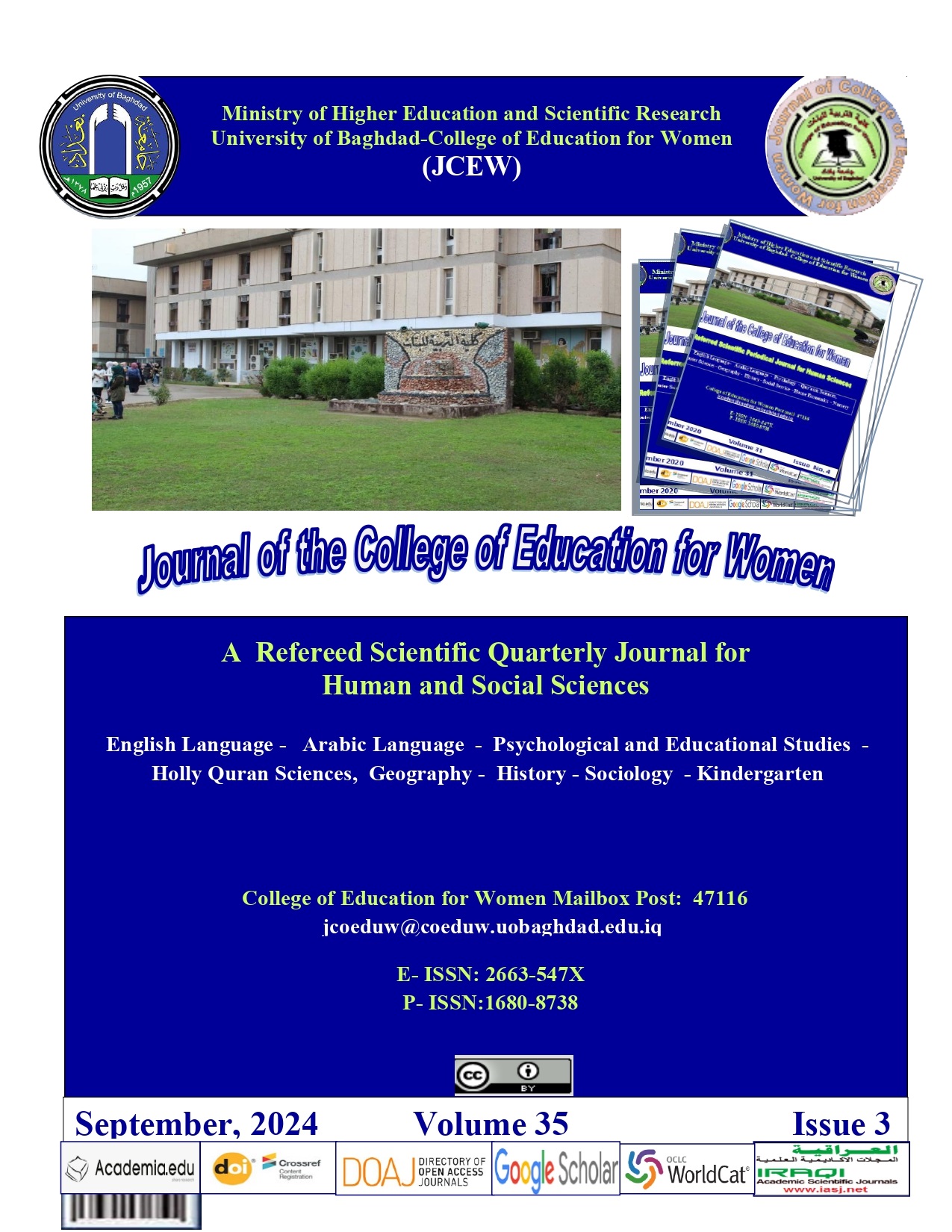Roman settlement in the Maghreb During the first three centuries AD (an analytical historical study)
DOI:
https://doi.org/10.36231/coedw.v35i3.1755Keywords:
Roman settlement, ancient Maghreb, Carthage, settlementsAbstract
The countries of the Maghreb were characterized by a set of economic, geographical and political characteristics, which qualified them and raised their status, until they made them the focus of the ambitions of the great powers that sought to control them and dominate the countries of the Mediterranean basin during classical times.
Therefore, the Roman authority took it upon itself to fight the fierce Punic Wars, which cost it many losses, until it achieved victory by seizing the capital, Carthage, in 146 BC. Thus, the Maghreb country was transformed into a state (colony) subordinate to Roman rule, to implement their strategic projects in Settlement and investment, by benefiting from the country’s bounties in acquiring wheat grains, olive oil, and the fruits of vines, figs, and pomegranates,
in addition to animal and mineral crops, by controlling vital lands and owning them to wealthy Roman immigrants. Also deporting and employing elements that arouse the concern of the Roman authority, by encouraging them to immigrate and settle in the Maghreb, and the suspicious effects that this had on destabilizing the situation. The demographics of the population, with the stability of the Roman element and the spread of their culture and customs, replaced the local Punic origins, culture and customs.
Downloads
Published
Issue
Section
License
![]()
All articles published in Journal of College of Education for Women are licensed under a Creative Commons Attribution 4.0 International License.











